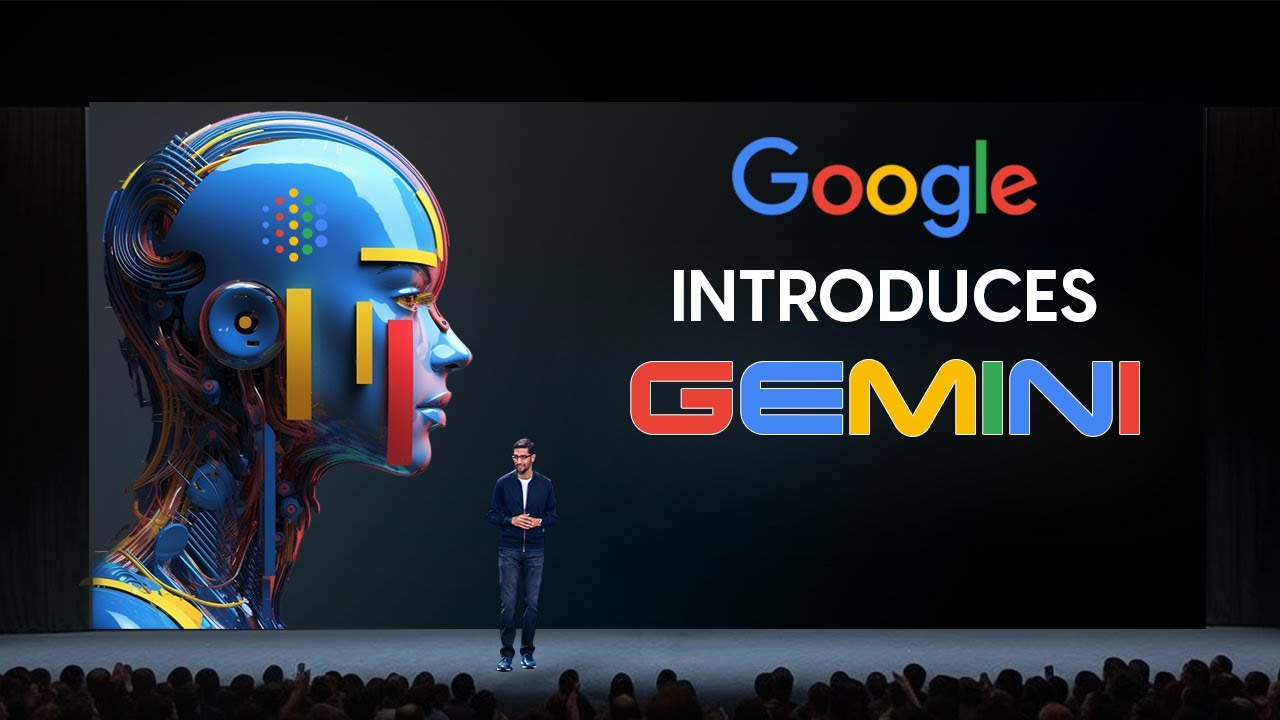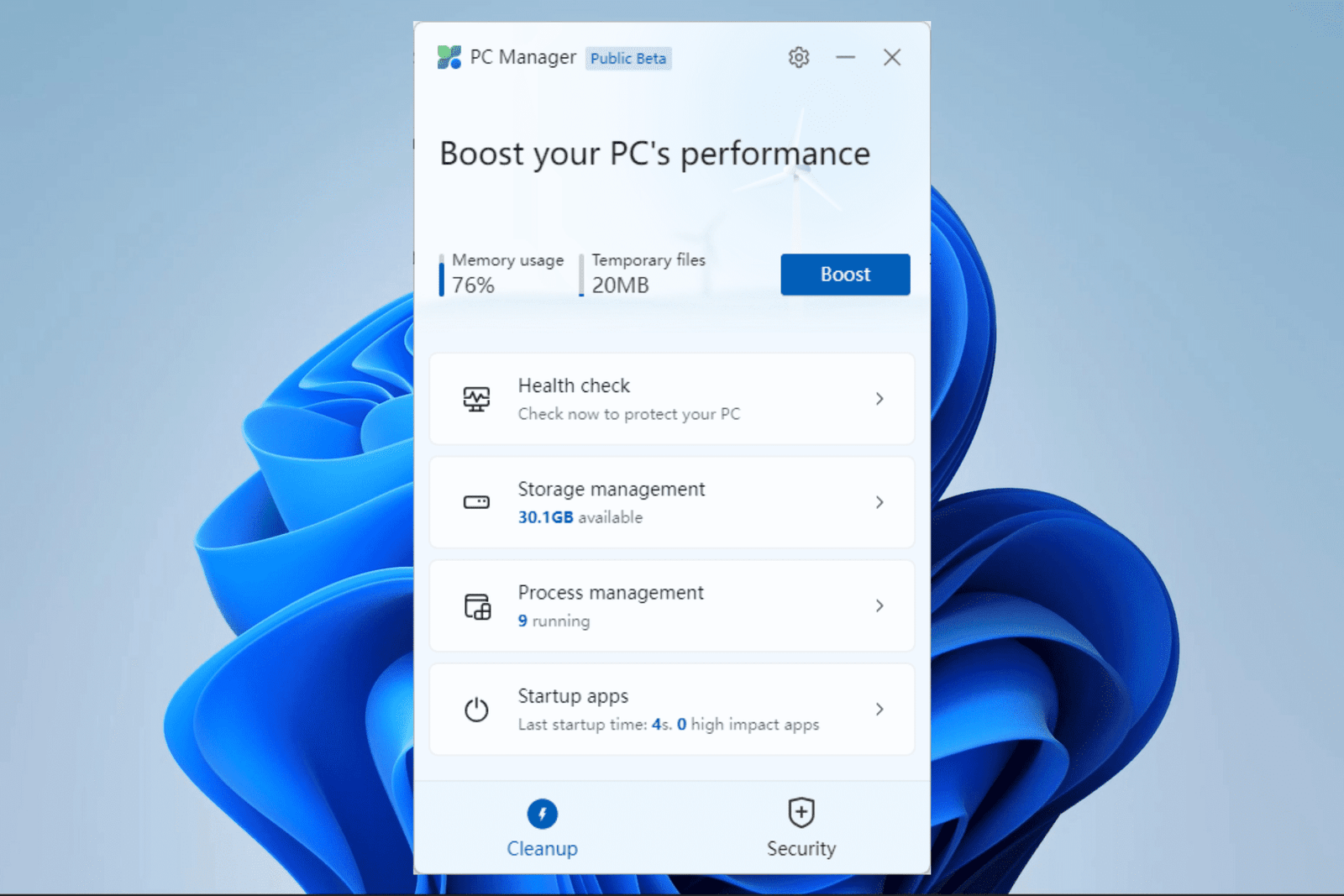On February 6, 2024, Google released a report titled “The Proliferation of Commercial Spyware,” calling out several companies it claims are facilitating the spread of dangerous hacking tools. The report names specific firms, including NSO Group, Circles Control, and Avast, accusing them of developing and selling spyware that can be easily misused for malicious purposes.
Key Highlights:
- Google identifies several spyware firms allegedly enabling dangerous hacking tools.
- The report urges the US and allies to adopt stricter regulations on the spyware industry.
- Google’s action comes amid growing concerns about the misuse of spyware for human rights abuses.
- The call for tighter regulation raises questions about balancing security needs with individual privacy.

Tech Giant Google Takes Aim at Spyware Firms, Pushing for Global Crackdown
This move by Google marks a significant escalation in its efforts to combat the growing threat of spyware. Spyware is software designed to infiltrate and monitor a user’s device without their knowledge or consent. It can be used to steal sensitive data, intercept communications, and even take control of devices. While some spyware is marketed for legitimate purposes like law enforcement investigations, it has been repeatedly used for human rights abuses, targeting journalists, activists, and political opponents.
Google’s Report Calls for Urgent Action
In its report, Google researchers detail numerous instances where the identified spyware firms’ products have been used for malicious purposes. They highlight the Pegasus spyware, developed by NSO Group, which has been linked to targeted attacks on journalists and human rights defenders worldwide. The report also points to Avast’s acquisition of Jumpshot, a firm known for selling spyware to governments, raising concerns about the potential misuse of its technology.
Beyond naming specific firms, Google’s report urges the US and its allies to adopt stricter regulations on the spyware industry. The report proposes several measures, including:
- Increased transparency: Requiring spyware companies to disclose their customers and the capabilities of their products.
- Stronger export controls: Restricting the sale of spyware to countries with poor human rights records.
- Accountability mechanisms: Holding companies accountable for the misuse of their products.
Balancing Security Needs with Individual Privacy
The call for tighter regulation on spyware raises complex questions about balancing security needs with individual privacy. Governments often argue that access to spyware is crucial for national security and law enforcement purposes. However, critics argue that such tools can easily be abused and lead to widespread surveillance and human rights violations.
Global Collaboration Needed to Address the Challenge
Google’s initiative is a welcome step towards addressing the growing threat of spyware. However, tackling this issue effectively requires a coordinated global effort. Governments, tech companies, and civil society organizations need to work together to develop effective regulations and enforcement mechanisms that protect individual privacy while safeguarding legitimate security needs.
Google’s report highlighting the proliferation of commercial spyware and urging for stricter regulations has sparked a crucial conversation about balancing security and privacy in the digital age. While the call for action is necessary, navigating the complex landscape of national interests and individual rights requires collaboration and responsible implementation of regulations.





























